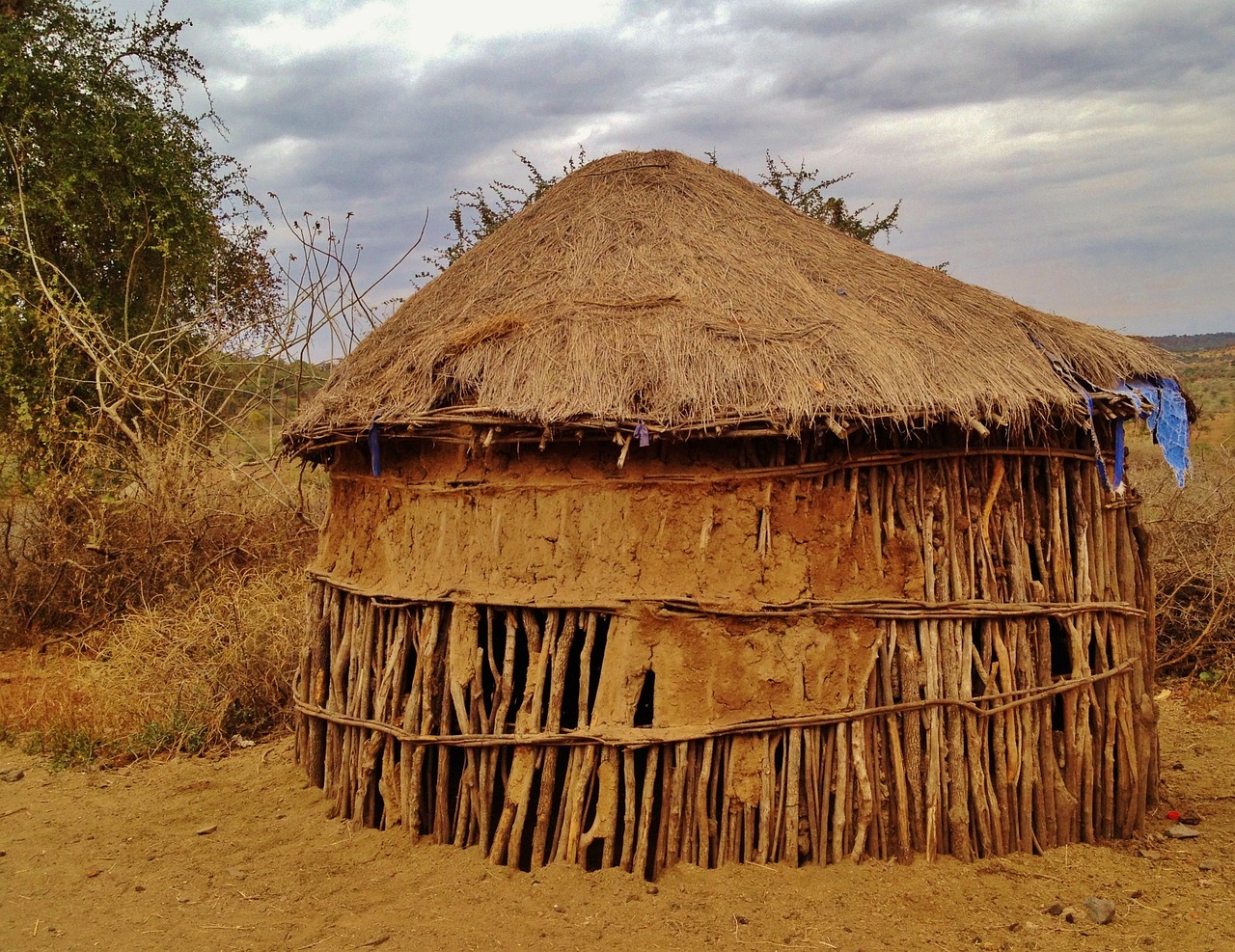Introduction
Tanzania, located in East Africa, is a country known for its stunning landscapes, diverse wildlife, and vibrant culture. Many individuals from different parts of the world choose to work in Tanzania, whether it be for short-term assignments or long-term employment. Managing finances and payments effectively is crucial for both locals and expatriates working in Tanzania. This article aims to provide detailed information on how to navigate the financial landscape and handle payments while working in Tanzania.
Banking and Financial Institutions
When it comes to managing finances in Tanzania, it is essential to have a local bank account. The country has several reputable banks, including CRDB Bank, National Microfinance Bank, and Stanbic Bank. These banks offer a range of services, including personal and business accounts, savings accounts, and foreign currency exchange. Opening a bank account typically requires a valid passport, proof of residence, and a minimum initial deposit.
- Access to ATMs: Most banks in Tanzania have a widespread network of ATMs, allowing individuals to withdraw cash conveniently. It is advisable to use ATMs located within bank premises or reputable establishments to ensure security.
- Mobile Banking: Mobile banking is gaining popularity in Tanzania. Services such as M-Pesa and Tigo Pesa enable users to send and receive money, pay bills, and make purchases using their mobile phones.
- Online Banking: Many banks in Tanzania offer online banking services, allowing individuals to manage their accounts, transfer funds, and pay bills conveniently from anywhere with an internet connection.
Managing Income and Expenses
Effectively managing income and expenses is crucial for financial stability while working in Tanzania. Here are some key considerations:
- Budgeting: Creating a monthly budget helps individuals track their income and expenses, ensuring they live within their means and save for future goals. It is important to consider factors such as housing, transportation, food, utilities, healthcare, and leisure activities.
- Tax Obligations: Understanding the tax system in Tanzania is essential to ensure compliance. Expatriates may have different tax obligations compared to locals. It is advisable to seek professional advice to navigate the tax regulations.
- Insurance: Having adequate insurance coverage is important for financial protection. This includes health insurance, property insurance, and vehicle insurance, depending on individual circumstances.
Foreign Exchange and Currency
The official currency of Tanzania is the Tanzanian Shilling (TZS). It is advisable to familiarize oneself with the current exchange rates and understand the exchange process. Here are some key points:
- Exchange Rates: Exchange rates can fluctuate, so it is important to check for the most favorable rates before converting currency. Banks and authorized exchange bureaus offer competitive rates.
- Authorized Exchange Bureaus: It is recommended to use authorized exchange bureaus for currency exchange, as they are regulated by the Bank of Tanzania. These bureaus provide receipts for transactions, ensuring transparency.
- Foreign Currency Restrictions: There are restrictions on the amount of foreign currency that can be brought in or taken out of Tanzania. It is advisable to familiarize oneself with the current regulations to avoid any legal issues.
Payment Methods
Various payment methods are available in Tanzania, ranging from cash to digital options. Here are the commonly used methods:
- Cash: Cash is widely accepted in Tanzania, especially for smaller transactions. It is advisable to carry smaller denominations for convenience.
- Debit and Credit Cards: Major credit and debit cards, such as Visa and Mastercard, are accepted in many establishments, particularly in urban areas. However, it is recommended to carry cash as a backup, as card acceptance may vary.
- Mobile Payments: Mobile payment platforms, such as M-Pesa and Tigo Pesa, are widely used in Tanzania. These platforms allow users to make payments and transfer money using their mobile phones.
Cost of Living
The cost of living in Tanzania can vary depending on the location and lifestyle. Here are some key factors to consider:
- Accommodation: Rental prices for apartments or houses vary based on the location and size. Urban areas like Dar es Salaam generally have higher rental costs compared to rural areas.
- Transportation: Public transportation options, such as buses and taxis, are available in Tanzania. The cost of transportation depends on the distance and mode of transport.
- Food and Groceries: Local markets offer affordable fresh produce, while supermarkets provide a wider range of products at slightly higher prices. Dining out can range from budget-friendly street food to upscale restaurants.
Local Taxes and Duties
Understanding local taxes and duties is important for financial planning while working in Tanzania. Here are some key points:
- Income Tax: Both residents and non-residents are subject to income tax in Tanzania. The tax rates vary depending on the income bracket.
- Value Added Tax (VAT): VAT is levied on goods and services in Tanzania. The standard rate is 18%, although certain items may be exempt or subject to a reduced rate.
- Customs Duties: Importing goods into Tanzania may attract customs duties. It is important to familiarize oneself with the regulations and potential costs before importing items.
Financial Planning and Investments
Financial planning and investments play a crucial role in securing one’s future while working in Tanzania. Here are some considerations:
- Saving and Investing: Establishing a savings plan and considering investment options can help individuals achieve their financial goals. Consultation with a financial advisor may be beneficial.
- Retirement Planning: Planning for retirement is essential. Contributing to a pension scheme or individual retirement account (IRA) can provide financial security in the long term.
- Real Estate: Investing in real estate can be a viable option for long-term financial growth. It is important to conduct thorough research and seek professional advice before making any property investments.
Tanzania Image 1:

Managing Finances as an Expat
As an expatriate working in Tanzania, managing finances may require additional considerations. Here are some key points:
- International Money Transfers: Expatriates may need to transfer money internationally. It is advisable to compare exchange rates and fees offered by different money transfer services.
- Foreign Bank Accounts: Some expatriates maintain bank accounts in their home countries for convenience. It is important to understand the regulations and tax implications of holding foreign accounts.
- Insurance Coverage: Expatriates should ensure they have adequate health insurance coverage that includes medical evacuation, as well as insurance for personal belongings and liabilities.
Tanzania Image 2:

Financial Resources and Support
There are various resources and support available in Tanzania to assist individuals in managing their finances effectively. Here are some options:
- Financial Advisors: Consulting with a financial advisor can provide personalized guidance on financial planning, investments, and tax optimization.
- Chambers of Commerce: Local and international chambers of commerce can offer networking opportunities and business support services.
- Embassies and Consulates: Embassies and consulates can provide assistance and information on financial matters specific to expatriates.
Tanzania Image 3:

Conclusion
Managing finances and payments while working in Tanzania requires careful planning and understanding of the local financial landscape. By having a local bank account, budgeting effectively, and utilizing various payment methods, individuals can navigate the financial aspects of working in Tanzania with ease. It is important to stay informed about local taxes, duties, and financial regulations to ensure compliance. Seeking professional advice and utilizing available resources can contribute to a successful financial journey in Tanzania.
References
- bankm.co.tz
- nmbbank.co.tz
- stanbicbank.co.tz
- en.wikipedia.org/wiki/Tanzanian_shilling
- tz.usembassy.gov
- tz.undp.org

